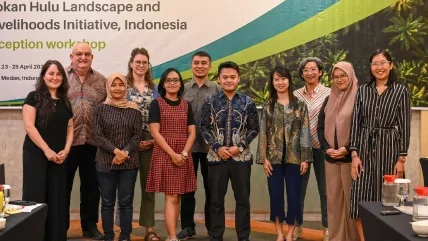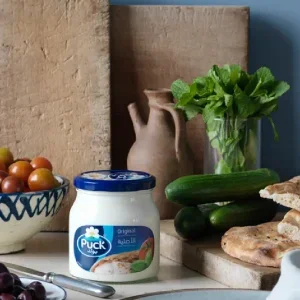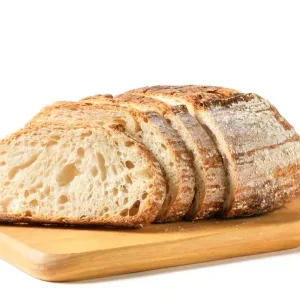
The Danish government, in collaboration with Preferred by Nature, Ferrero, SAN, Agriterra, and Musim Mas, has initiated a project to enhance sustainable palm oil production in Indonesia.
The Rokan Hulu Landscape and Livelihoods Initiative aims to improve independent smallholder livelihoods and protect the environment.
It aligns with sustainability standards, including the EU Deforestation Regulation (EUDR).
Funded by the Danida Green Business Partnerships programme, the five-year project seeks to implement scalable solutions for sustainable palm oil production.
It aims to support 5,400 independent smallholders in adopting regenerative agricultural practices, reducing synthetic inputs, and strengthening climate resilience.
Musim Mas communications and sustainability director Olivier Tichit said: “Empowering smallholders through training and support is key to building a resilient and sustainable palm oil supply chain. Musim Mas takes a landscape-based approach to sustainability.
“Across the Smallholder Hubs we operate, we work with governments, suppliers, smallholders, NGOs, and other players in the landscape to achieve sustainability transformation.
“This project will enable us to contribute in a new dimension with our new partners.”
The initiative will also support two farmer organisations and assist 2,500 farmers in achieving certification under the Roundtable on Sustainable Palm Oil (RSPO) and Indonesia Sustainable Palm Oil (ISPO) standards.
It plans to create diversified income opportunities for 2,000 community members, with 60% being women, while safeguarding biodiversity and mitigating deforestation risks.
A multi-stakeholder jurisdictional alliance will be established to promote ecosystem restoration and ensure alignment with sustainability standards.
Preferred by Nature will lead project coordination, capacity building, and training. Stichting Agriterra will focus on strengthening farmer organisations and fostering cooperative business models.
Preferred by Nature projects senior director Jakob Ryding said: “At Preferred by Nature, we believe that sustainable palm oil production is only possible when smallholders are equipped with the right knowledge, resources and market access.
“This project demonstrates how collaboration between businesses and NGOs can address systemic challenges, empower farmers, and protect vital ecosystems. We are delighted to be part of this initiative.”
SAN will provide expertise in regenerative agriculture through Indonesian partners Kaleka and Setara Jambi.
Musim Mas and Ferrero aim to secure a sustainable and traceable palm oil supply chain that complies with regulatory standards.
The project addresses systemic challenges within independent smallholder supply chains, including low productivity and environmental degradation.
Ferrero responsible sourcing head Nicola Somenzi said: “We aim to create a thriving supply chain which benefits farmers’ livelihoods and communities, protecting people and nature.
“Beyond sourcing RSPO segregated palm oil for our products, our active participation in initiatives like this strengthens the foundation for a resilient and environmentally responsible supply chain that creates long-term value for all.”
The initiative aims to equip farmers with tools and training to adopt sustainable practices, achieve certifications, and improve market access.
By combining private sector commitments with nonprofit expertise, it sets a benchmark for sustainable palm oil production.
Farmers benefit from increased productivity, improved market access, and diversified incomes, while partners like Ferrero and Musim Mas secure a reliable supply chain.
The project generates long-term economic benefits for rural communities, contributes to global climate goals, and boosts sustainable palm oil production in the Rokan Hulu region.
SAN executive director Jose Joaquín Campos said: “By integrating regenerative agriculture and nature-based solutions, this initiative demonstrates how sustainable farming can simultaneously revive ecosystems and enhance farmer livelihoods.”
Stichting Agriterra CEO Marco Schouten said: “This project provides the tools needed to empower farmer organisations and their members, enabling them to cooperate to achieve financial sustainability and seize new market opportunities.”






